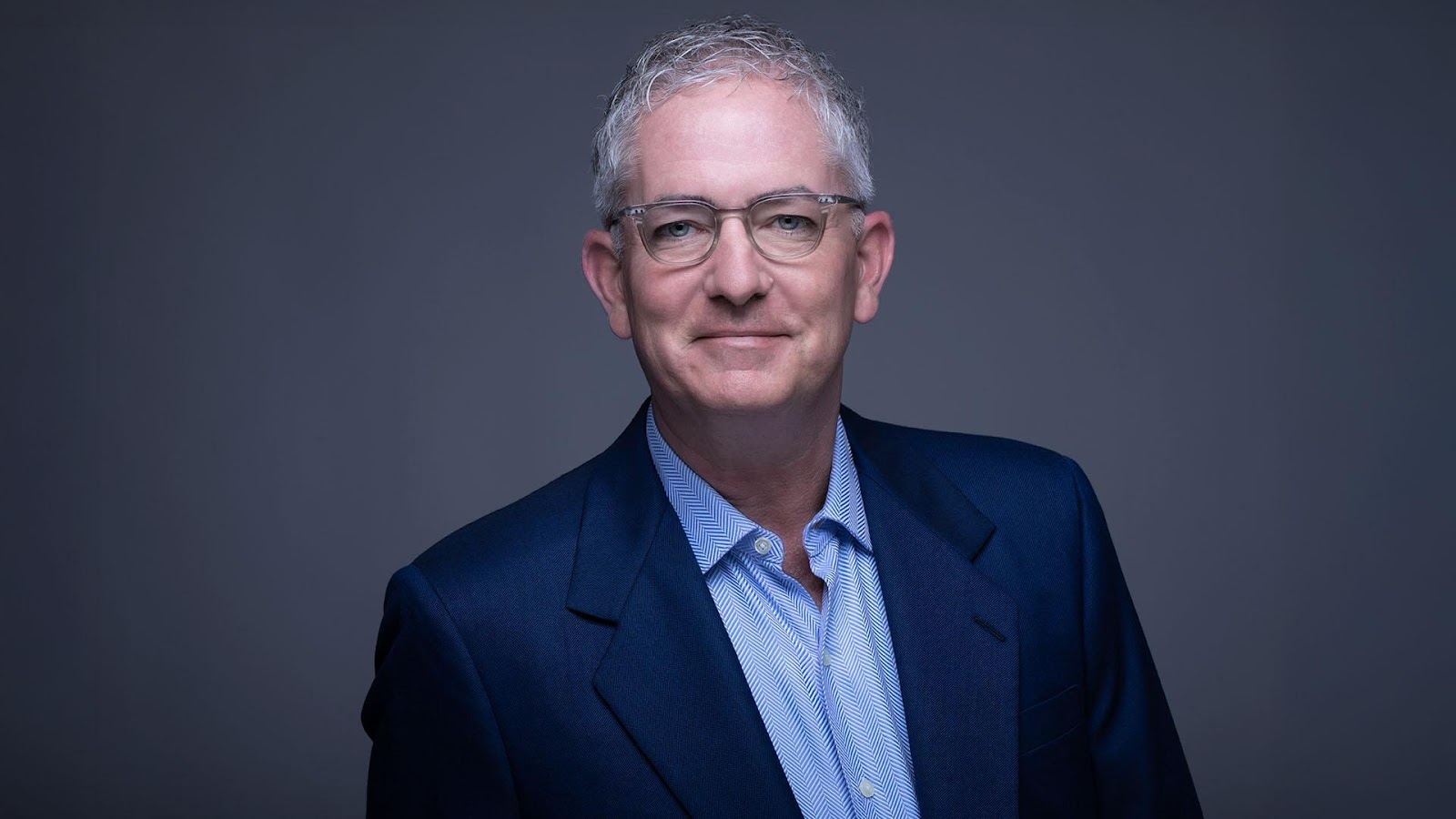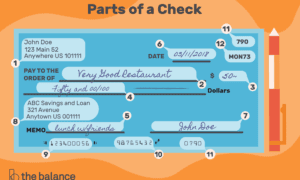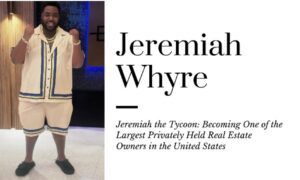When an organization faces critical challenges—be it operational breakdowns, cultural stagnation, or financial instability—John Thievon is the expert who steps in to reset the course, identifying actionable insights and executing with an invigorating mix of dry humor and a knack for putting people at ease while tackling serious issues. John has 30 years of experience in healthcare across different segments including OTC, RX, Specialty pharmacy and pharma services. He has a successful track record of restructuring healthcare companies. He has also applied his learnings to restructure real estate development and construction companies. John believes that there are more similarities than differences in various industries and successfully managing companies through difficult times follows the same principles.
At the core of Thievon’s execution philosophy are four interdependent values: authenticity, consideration, personnel development, and accountability. Each element builds on the former, creating a structure that enables sustainable cultural transformation. “Authenticity sets the foundation, consideration is its outward expression, personnel development is the enabler, and accountability ensures it all actually happens,” says Thievon.
The Power of Authentic Leadership
Authenticity in leaders lays the foundation for any healthy organization. “If you’re not authentic, what are you?” he asks, rhetorically. “People do not believe in and follow inauthentic leaders.” In his experience, from specialty pharmacy turnarounds to national real estate expansion, authenticity has been crucial to fostering alignment between leadership and personnel.
This isn’t just about transparency—it’s about consistency. “Employees don’t need perfection from leadership, but they do need predictability. They need to know who’s making the decisions and why. That builds credibility, especially during times of transformation.”
Consideration Builds Trust and Performance
For Thievon, consideration is a must-have trait in leadership. “Consideration is about understanding the realities your people face and building systems around that understanding without lowering the bar.”
That could mean moving meeting times, adjusting workloads based on life circumstances, or even just acknowledging individual contributions in a meaningful way. “When people feel considered, they feel respected. And that respect becomes the foundation for trust and performance,” he says. In his experience, employees who feel valued are more likely to stay—and more likely to go the extra mile. “It’s structure with humanity,” he says. “That’s how you build a team that is motivated, committed to and fully engaged with the company’s goals and objectives.
Developing People is Developing the Business
Employees will believe that they are important to the company when they see a consistent pattern of development, investment in, and follow-up on their career aspirations. This means training, mentorship, leadership opportunities and other benefits that are important to employees. One example of effective practices was assigning a different executive team member to lead the weekly meeting. “It gave them a chance to step up, synthesize key issues, and guide discussions. That’s how you prepare people for what’s next,” he explains, emphasizing that development isn’t limited to formal programs—it’s built into daily interactions.
This practice doesn’t mean creating or forcing a “family” culture—he’s quick to clarify. It means nurturing an environment where competence, trust, and mutual respect are the norms. Where even uncomfortable conversations are delivered with care because they’re aimed at development, not punishment. “You don’t reward failure—you reward people’s willingness to put forward ideas without fear of humiliation,” he says. When employees observe adherence to the points listed above, they will believe in the company culture. They will know they’re not just the empty platitudes they’ve seen with prior leaders.
Accountability: The Culture Enforcer
Accountability, placed intentionally as the final of Thievon’s four core values, ensures follow-through on the others. It’s not just about holding others responsible—it’s about shared ownership across every level of the business. “There’s nothing in these core values that excludes anyone in the organization including the CEO,” Thievon says. “This applies to everybody. When you hold yourself accountable as a leader, you quickly earn respect.” It’s this pragmatic, approachable tone that allows Thievon to defuse tension, cut through complacency, and push teams toward action—without alienating the room. “You need to go beyond the simple, tactical fix—identify the critical, controllable issues and execute decisively. That’s accountability in action,” says Thievon.
From Principles to Performance: Driving Culture Through Execution
Thievon believes the most effective way to lead an organization is to keep things as simple as possible. His mantra—block and tackle—underscores his belief in focusing on what’s controllable. “It is crucial to understand that many things that can impact the company are outside of your control, like macro-economic trends, natural disasters, et cetera. You must focus your team on executing on what you can control: hiring the right people, creating a culture of accountability and minimizing “unforced errors,” caused by poor planning, execution, and not adhering to these core tenets are all key to long-term success.”
The cultures that endure, Thievon believes, are those that the employees experience every day and don’t have to look at the handbook to understand. “A lived, shared culture is simple, consistent, and over time becomes second nature to all: the culture is created by adhering to the four core values/ traits in all aspects of the business. We are authentic, we are considerate of all stakeholders, we develop our personnel, and we are all accountable.”
Operational excellence is less about complexity and more about clarity. It’s about empowering people to make decisions, enforcing standards without ego, and never forgetting that culture is the true engine of sustainability.
For more insights on leadership, operational transformation, and business execution, connect with John Thievon on LinkedIn or visit his website.



































